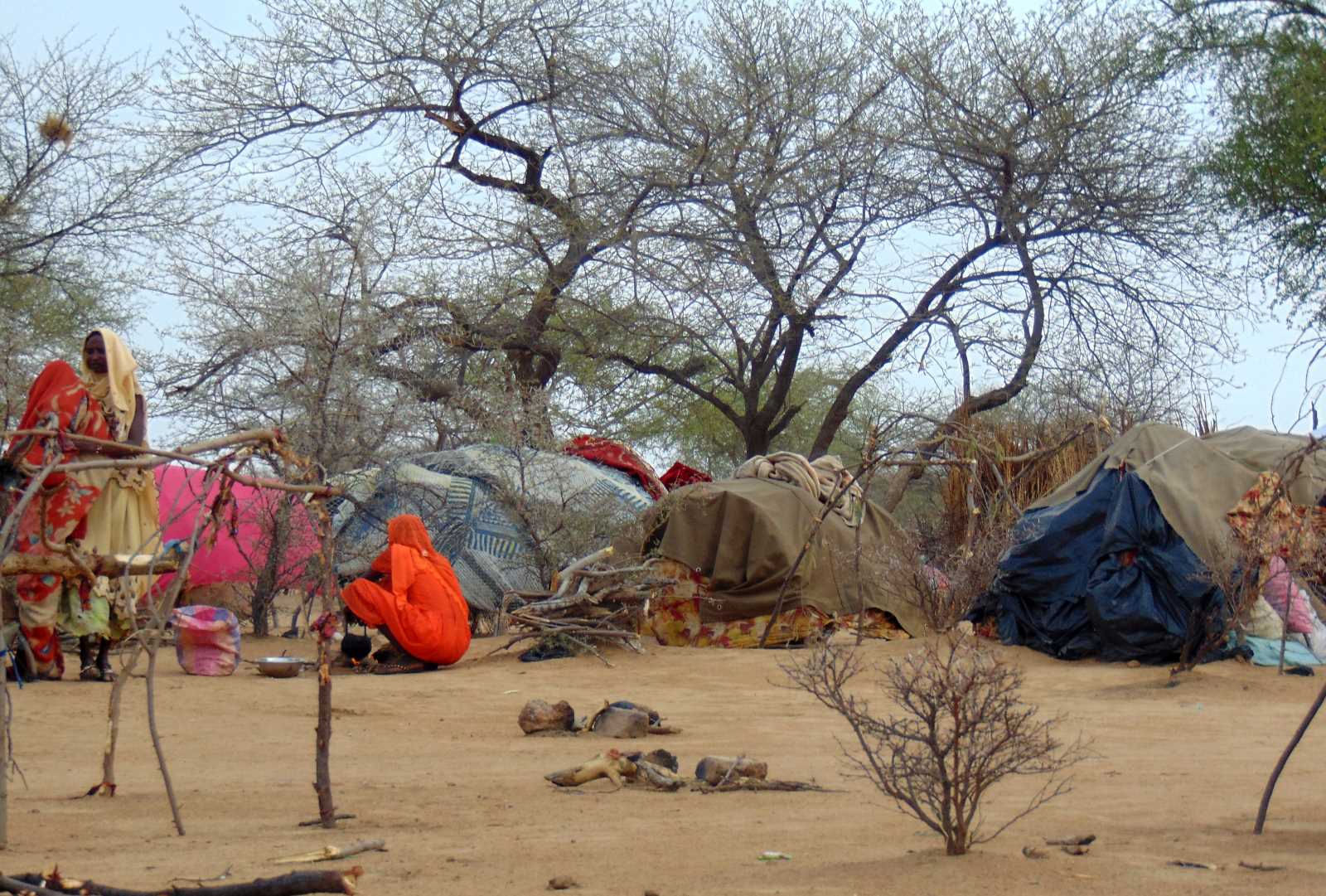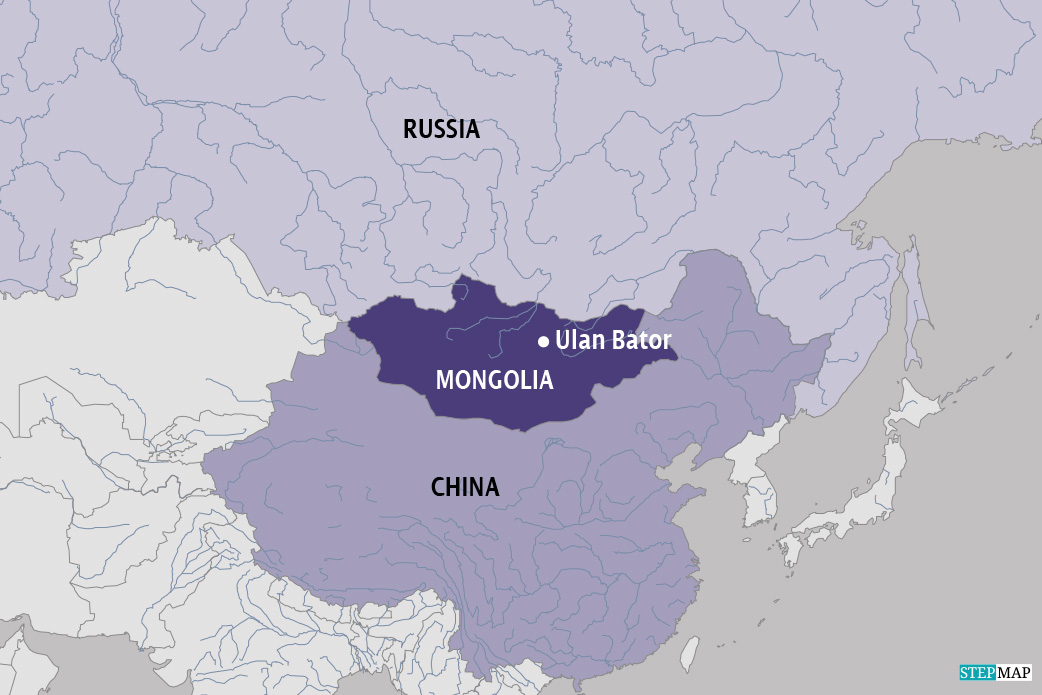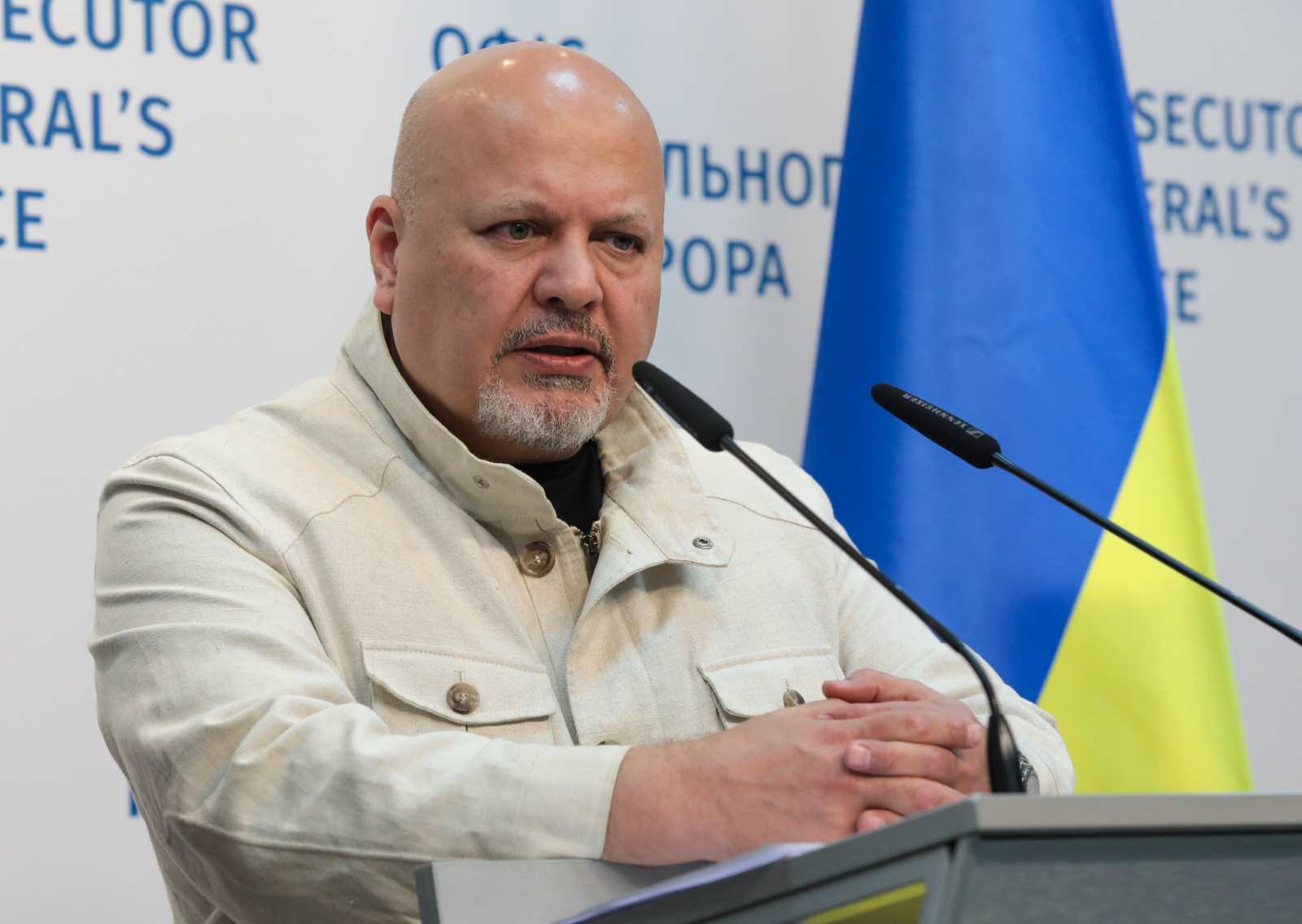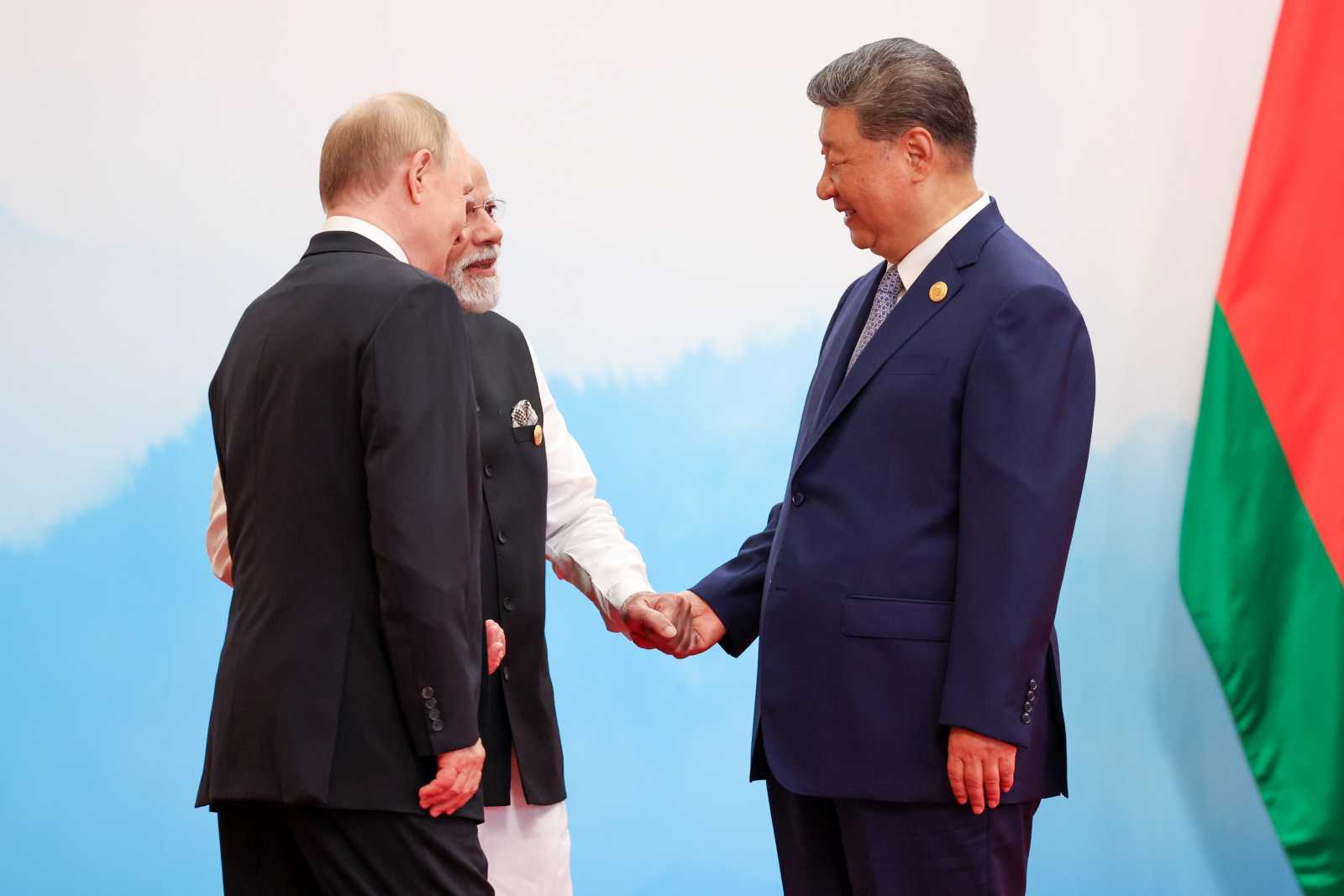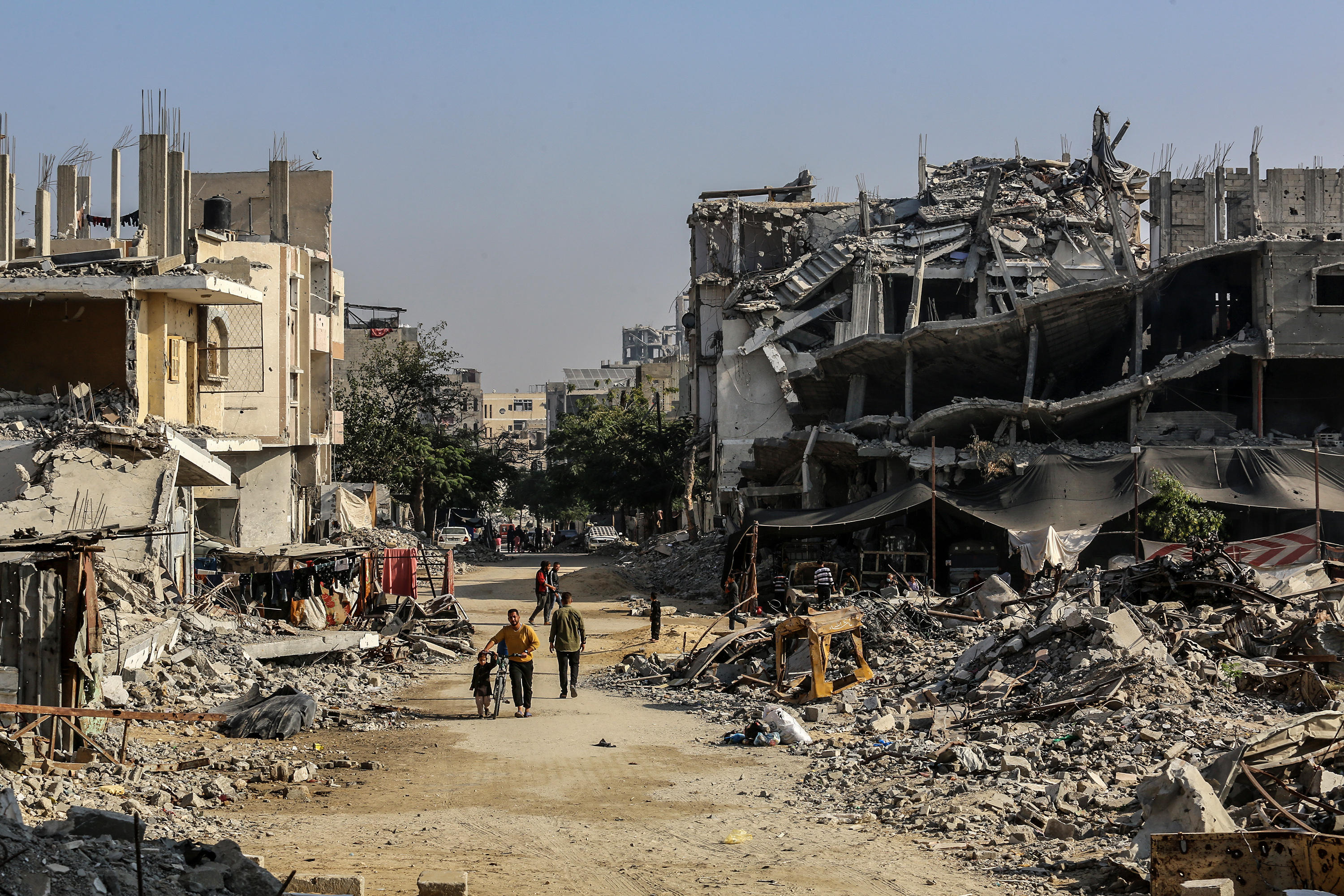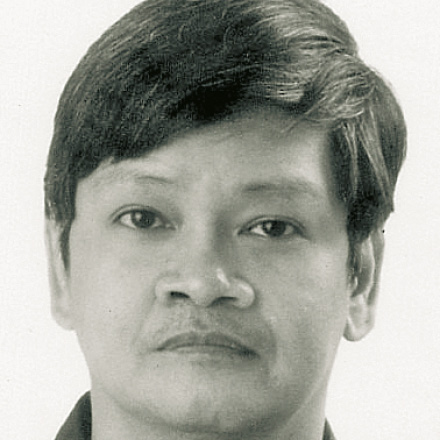International law
How ICC is relevant in civil war in Sudan’s Darfur region
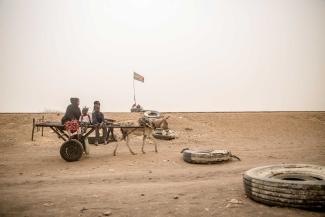
In July, famine was officially declared in Zamzam camp, where over half a million – and possibly up to 800,000 – civilians have sought shelter near El Fasher in North Darfur, Sudan. Other areas in Darfur and the rest of the country are potentially also experiencing famine. Masses of people throughout Sudan are certainly at risk of it.
The declaration of famine, by definition, is always an alarm that comes too late. It is a mark of shame regarding what has already been done. And make no mistake, this is a human-made catastrophe.
The Sudanese Armed Forces (SAF) and the Rapid Support Forces (RSF) have been waging a civil war replete with atrocities for 16 months. At its heart has been mass starvation. Forces on both sides have reportedly looted food, destroyed food systems, prevented people from reaching sustenance and blocked the delivery of humanitarian aid.
In late May, the Clingendael Institute projected that 2.5 million Sudanese civilians could starve to death by September. Many of them are children. Those who survive will have endured torturous suffering of the kind that tears the social fabric and reverberates for generations.
For many, hunger will not be the only criminal wrong inflicted upon them. SAF and RSF fighters have been accused of brutal massacres, attacks on healthcare and journalists, destruction, forced displacement, pillage, sexual and gender-based violence (SGBV) and crimes affecting children.
Genocidal atrocities
Once again, analysts and advocates are using the term “genocide” to capture the enormity of what is unfolding. The last time they did so was in the early years of this century. That previous period of atrocious violence echoes through to the present.
Back then, the international community failed the people of Darfur despite the newly articulated “Responsibility to Protect” (R2P for short). Among other things, the concept was supposed to mean that the international community has an obligation to act effectively to stop atrocities when the state in which they are occurring fails to do so.
Two decades ago, activists at least mobilised internationally to draw attention to Darfur. Today, the conflict there is overshadowed by the wars in Ukraine and Gaza. Sudan is largely being ignored by the global public. Global indifference condemns civilians to horrific violence.
Why the ICC has jurisdiction
There is, however, one result of the international mobilisation in the early 2000s that has carried over to the present. In 2005, the UN Security Council adopted Resolution 1593, which referred the situation in Darfur to the fledgling International Criminal Court (ICC). This resolution was the first of its kind. The second one followed in 2011 and concerned Libya. Crucially, the USA abstained from the Darfur decision, even though it could have vetoed it. Then President George W. Bush had otherwise taken a stance of open hostility to the ICC.
Ordinarily, ICC jurisdiction depends on either the state where alleged crimes occurred or of which the alleged perpetrators are nationals having joined the ICC or consented to its proceedings. At no point has Sudan ratified the ICC Statute or consented to its jurisdiction. In such a setting, the only path to ICC jurisdiction is through a Security Council referral.
It is awkward, to put it mildly, that three veto-wielding permanent members of the Security Council have remained outside the ICC system for its duration: the USA, Russia and China. Khartoum was quick to call out the double standard.
A deeper controversy arose four years later, when the ICC issued an arrest warrant for then Sudanese President Omar al-Bashir. Initially he was accused of war crimes and crimes against humanity and subsequently also of genocide.
Tense AU-ICC relationship
Ordinarily, sitting heads of state have immunity against arrest warrants by other states, unless their state has waived that immunity (as in the case of ICC ratification). Sudan never engaged in such a waiver. Many African states, however, have joined the ICC. The African Union (AU) balked at the notion that these member states would be required to arrest al-Bashir.
Because of this dispute, the AU-ICC relationship deteriorated over the next decade. The tensions only subsided once al-Bashir was removed from office in 2019. For a fleeting moment, it even seemed as though Sudan might transfer al-Bashir to the ICC. In 2020, Fatou Bensouda, who was then the Court’s chief prosecutor, travelled to Khartoum, hoping to facilitate cooperation. It did not materialise.
When the current violence erupted 16 months ago, al-Bashir had already been convicted of corruption and money-laundering in Sudanese court. He was also facing a domestic trial relating to the coup that had brought him to power in 1993. There was no prospect of an ICC transfer.
Al-Bashir was not the ICC’s only suspect. His erstwhile henchman, Ali Muhammad Ali Abd-Al-Rahman (“Ali Kushayb”) was transferred to the Court after surrendering himself in the Central African Republic in 2020. His landmark trial for war crimes and crimes against humanity in Darfur is expected to be completed by the end of this year. He is the alleged former leader of the Janjaweed militia.
Today’s fighting pits the successor forces of each of these men against one another. The RSF, led by General Mohamed Hamdan Dagalo (“Hemedti”), arose from the Janjaweed. General Abdel Fattah al-Burhan leads the SAF and the government of Sudan. As the atrocities of their troops mount, a new round of arrest warrants looks likely.
Global attention is focused on Ukraine and Gaza, and Karim Khan, the ICC’s current prosecutor, has made notable moves in those contexts. The most prominent were his requests for arrest warrants for the top leaders of Russia, Israel and Hamas.
Nonetheless, Khan is not neglecting Sudan. On 6 August, he described the situation in Darfur as “hell on earth”. He warned the RSF and SAF, as well as their enablers, that his office was investigating. His message to the Security Council was straightforward: “I hope by my next report [six months from now], I will be able to announce applications for warrants of arrest regarding those, or some of those individuals that are the most responsible for what we are seeing at the moment.”
Legal intricacies
Khan’s statement could hardly have been clearer. And yet, several legal complexities remain.
First of all, the durability of the two-decades old referral has yet to be tested. Clearly, the ICC’s authority is not limited to action taken before a referral. Cases have been opened against alleged perpetrators in both Darfur and Libya for conduct that occurred years after the referral in each situation on the basis that the crimes were “associated with the ongoing armed conflict underlying the referral.”
Given that the current violence in Darfur is a new escalation in a context of long-running strife and conflict and that it involves repeat players from the period that first drew ICC scrutiny, it is legally plausible to consider that the Security Council referral of 2005 remains valid.
Most likely, the ICC will decide that it is. In political terms, it would be difficult for the Court to hold back given how urgent the situation has become. Nonetheless, the question of when its referral-based jurisdiction will end requires attention.
Beyond the question of time is the fact that the ongoing atrocities are not limited to Darfur. To be clear, the region has seen much of the worst violence and it is the site of the famine declaration. However, starvation, sexual violence and killings have been inflicted on civilians across several regions of the country. It would be peculiarly selective if the ICC were to act only in relation to crimes in one part of the country today because that was the focus of attention 20 years ago. And yet, the original Security Council resolution was clear in its language and no case to date has pushed its geographic boundaries.
Given the intensity of the crimes there, Prosecutor Khan can make a strong argument for starting with arrest-warrant requests that relate to Darfur. Most likely, he will. The questions are
- whether he will seek to expand beyond that
- and, if so, whether the Court will authorise it.
Issues of legitimacy
In the background of all of this is the question of ICC legitimacy. For its first decade and a half, the Court was condemned for its exclusive focus on situations in Africa. Since then, it has taken meaningful steps toward a more global perspective, but not without running into some significant political headwinds. It is now at a crossroads.
Accountability efforts are unambiguously warranted in Sudan. Governments that recognise this fact should support Prosecutor Khan’s investigation and rally behind the ICC. At the same time, they must acknowledge that the Court’s success depends on its credibility in acting regardless of what countries are affected. To undermine the ICC and its prosecutor elsewhere, notably in the context of Palestine, is to weaken its standing everywhere. If justice is to be supported and facilitated, this must be done regardless of the identity of the victims or their alleged perpetrators.
Tom Dannenbaum is an associate professor of international law at the Fletcher School of Law & Diplomacy in the US state of Massachusetts.
tom.dannenbaum@tufts.edu

